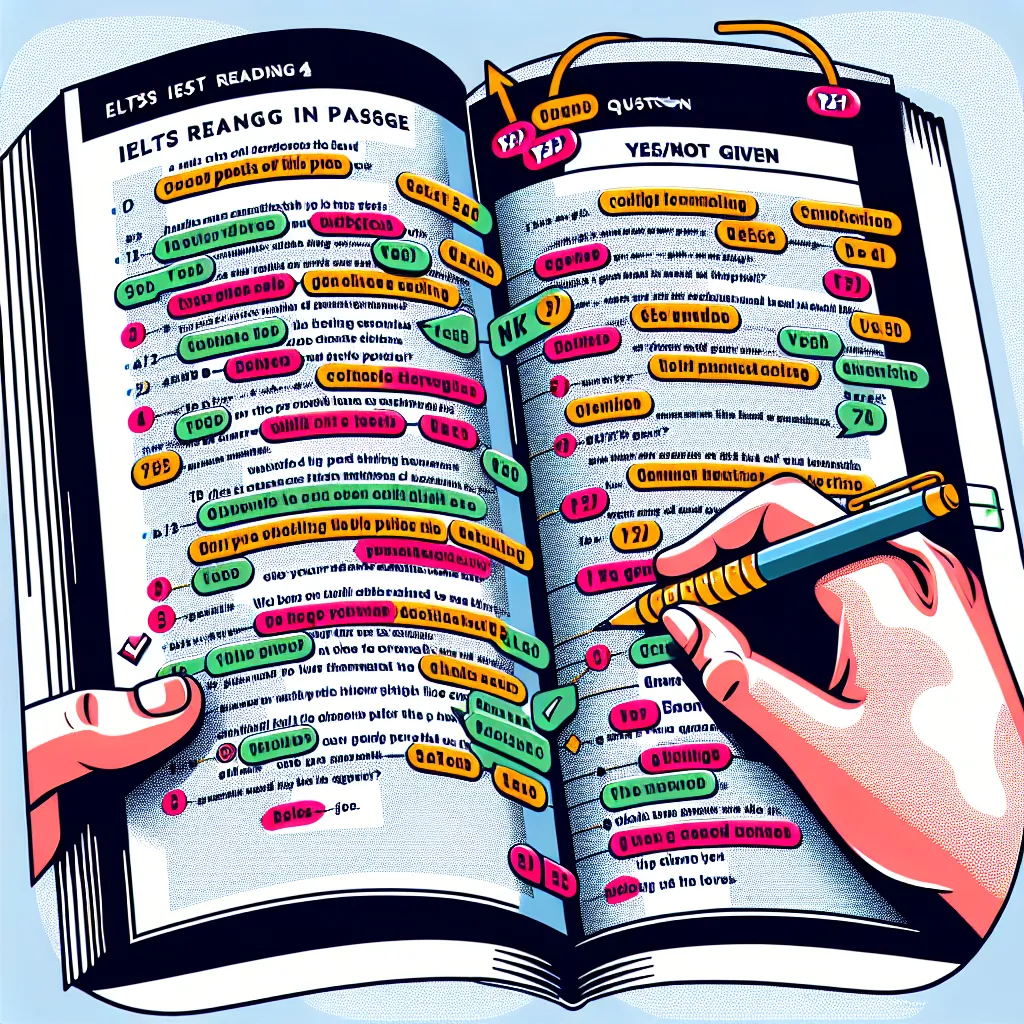The IELTS Listening test is a crucial component of the IELTS exam, assessing candidates’ ability to understand spoken English in various contexts. However, many test-takers fall into common traps that can significantly impact their scores. In this comprehensive guide, we’ll explore the most frequent mistakes made in the IELTS Listening test and provide valuable strategies to help you avoid them.
Understanding the IELTS Listening Test Format
Before diving into common mistakes, it’s essential to have a clear understanding of the test format. The IELTS Listening test consists of four sections, each with 10 questions, for a total of 40 questions. The test lasts approximately 30 minutes, with an additional 10 minutes given for transferring answers to the answer sheet.
Test Structure
- Section 1: A conversation between two people in an everyday social context
- Section 2: A monologue set in an everyday social context
- Section 3: A conversation between up to four people in an educational or training context
- Section 4: A monologue on an academic subject
 IELTS Listening Test Format
IELTS Listening Test Format
Common Mistakes in the IELTS Listening Test
Now, let’s explore the most frequent errors made by test-takers and how to avoid them.
1. Not Reading Instructions Carefully
One of the most critical mistakes is failing to read and follow instructions accurately. Each question type may have specific requirements, such as word limits or the need to use words directly from the audio.
How to avoid this mistake:
- Always read the instructions before the audio begins
- Underline key information, such as word limits or specific requirements
- Double-check your answers against the instructions before transferring them to the answer sheet
2. Losing Focus During the Audio
It’s easy to lose concentration, especially during longer passages or when encountering unfamiliar accents.
How to avoid this mistake:
- Practice active listening regularly with various English accents
- Stay focused by following the speaker’s tone and intonation
- If you miss something, don’t panic – move on to the next question
3. Misinterpreting Question Types
Different question types require different approaches. Misunderstanding the question format can lead to incorrect answers.
How to avoid this mistake:
- Familiarize yourself with all IELTS Listening question types (e.g., multiple choice, matching, sentence completion)
- Practice each question type regularly
- Read the questions carefully before the audio begins to anticipate the information needed
4. Spelling and Grammar Errors
In the IELTS Listening test, correct spelling and grammar are crucial. Even minor errors can result in lost marks.
How to avoid this mistake:
- Pay attention to singular/plural forms and tenses
- Practice spelling commonly misspelled words
- If unsure about spelling, try to think of alternative words with similar meanings
5. Not Using the Time Before Each Section Wisely
The brief pause before each section is valuable for preparation, but many test-takers waste this time.
How to avoid this mistake:
- Use the time to read ahead and understand the context of the upcoming section
- Identify key words in the questions to listen for
- Predict possible answers based on the question types and context
 IELTS Listening Preparation Tips
IELTS Listening Preparation Tips
6. Getting Stuck on Difficult Questions
Spending too much time on challenging questions can cause you to miss subsequent answers.
How to avoid this mistake:
- If you’re unsure about an answer, make an educated guess and move on
- Use any spare time at the end of the section to revisit difficult questions
- Practice time management strategies during mock tests
7. Not Recognizing Paraphrasing and Synonyms
The audio often uses different words or phrases than those in the questions, leading to confusion.
How to avoid this mistake:
- Expand your vocabulary, focusing on synonyms and paraphrasing
- Listen for meaning rather than specific words
- Practice identifying key ideas in various phrasings
8. Failing to Anticipate Answers
Not predicting possible answers can slow down your response time and lead to missed information.
How to avoid this mistake:
- Use the time before each section to think about potential answers
- Consider the context and question type to narrow down possibilities
- Stay open to unexpected answers, but use predictions to guide your listening
9. Mismanaging Answer Sheet Transfer Time
The 10-minute transfer time at the end of the test is crucial, but often poorly utilized.
How to avoid this mistake:
- Practice transferring answers quickly and accurately
- Use all available time to check your spelling and grammar
- Ensure your handwriting is clear and legible
10. Neglecting to Use All Given Information
Maps, diagrams, and other visual aids provided can offer valuable context, but are often overlooked.
How to avoid this mistake:
- Carefully examine any visual information provided
- Use the visuals to predict the type of information you might hear
- Reference the visuals during the audio to help locate answers
Next Steps: Improving Your IELTS Listening Skills
Now that you’re aware of these common mistakes, it’s time to take action to improve your IELTS Listening skills:
-
Regular Practice: Use official IELTS practice materials and past papers to familiarize yourself with the test format and question types.
-
Diverse Listening Materials: Expose yourself to a variety of English accents and topics through podcasts, news broadcasts, and academic lectures.
-
Timed Practice: Simulate test conditions by timing your practice sessions and including answer transfer time.
-
Vocabulary Building: Focus on expanding your academic and topic-specific vocabulary to better understand complex passages.
-
Reflection and Analysis: After each practice test, review your mistakes and identify patterns to focus your study efforts.
By avoiding these common mistakes and implementing targeted practice strategies, you can significantly improve your performance in the IELTS Listening test. Remember, consistent practice and a strategic approach are key to achieving your desired score. Good luck with your IELTS preparation!
[internal_links]




